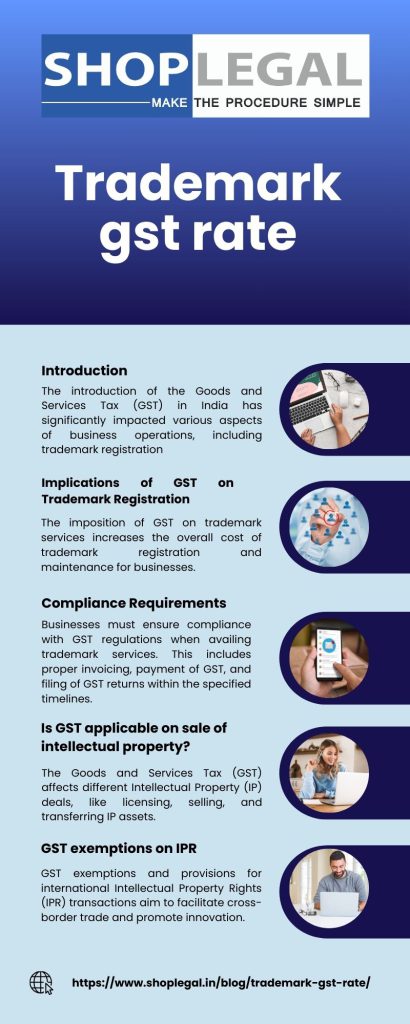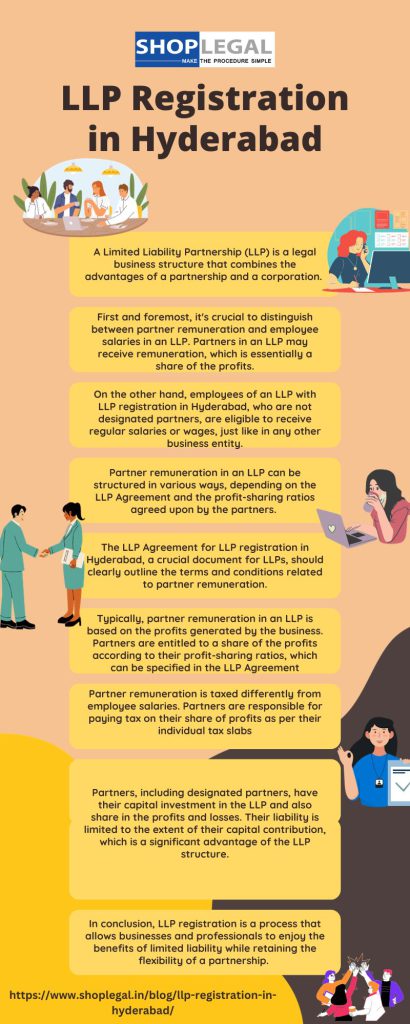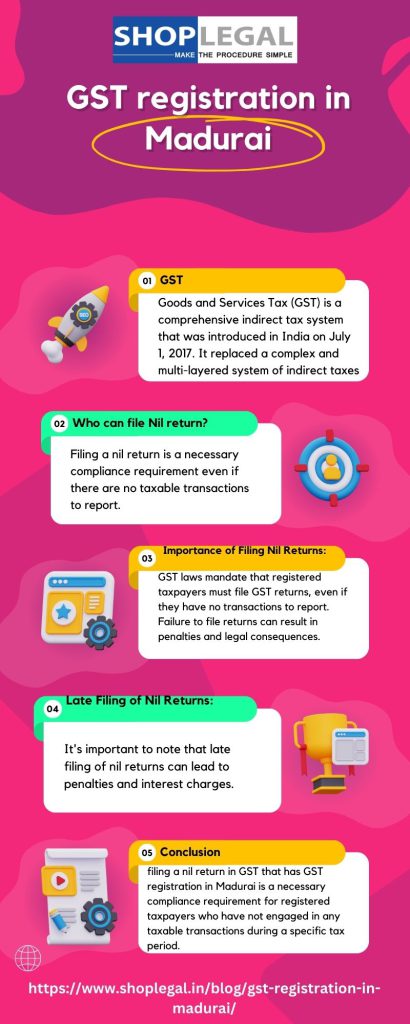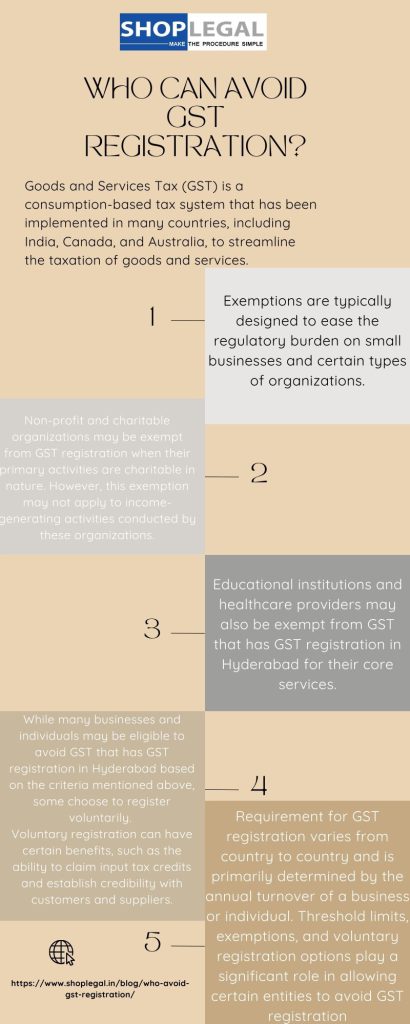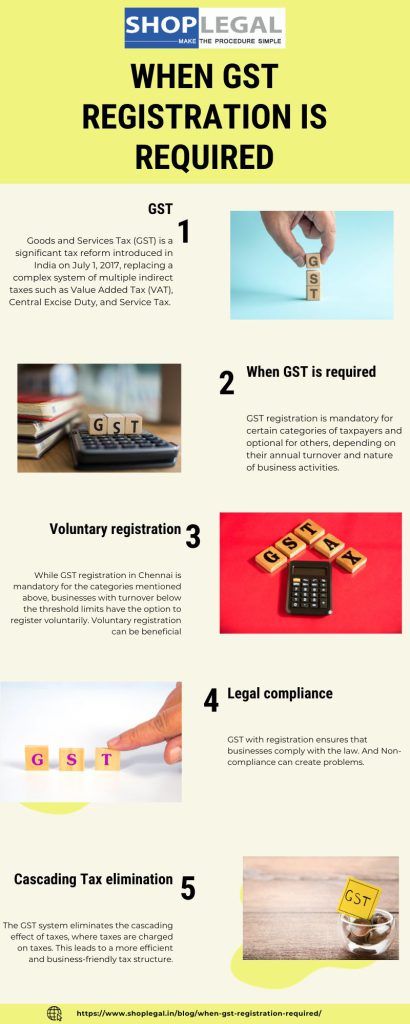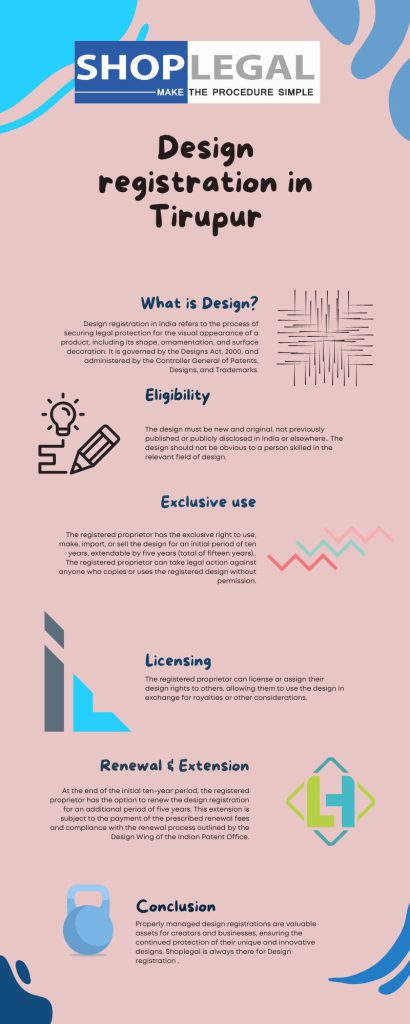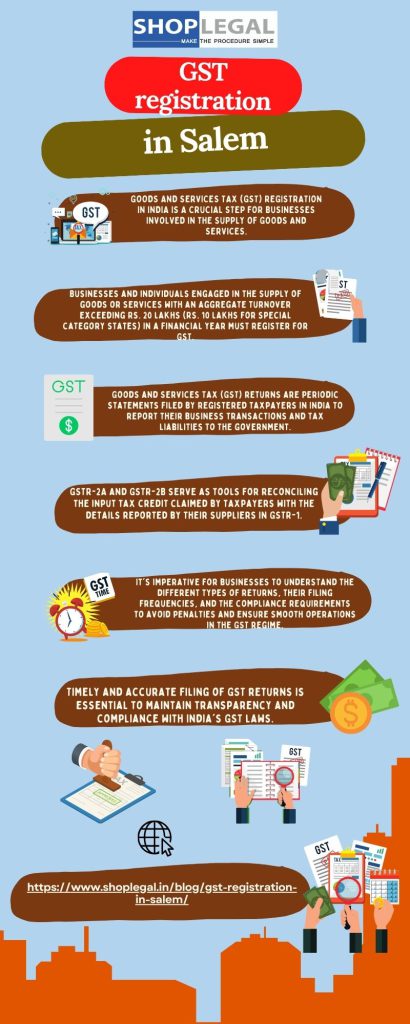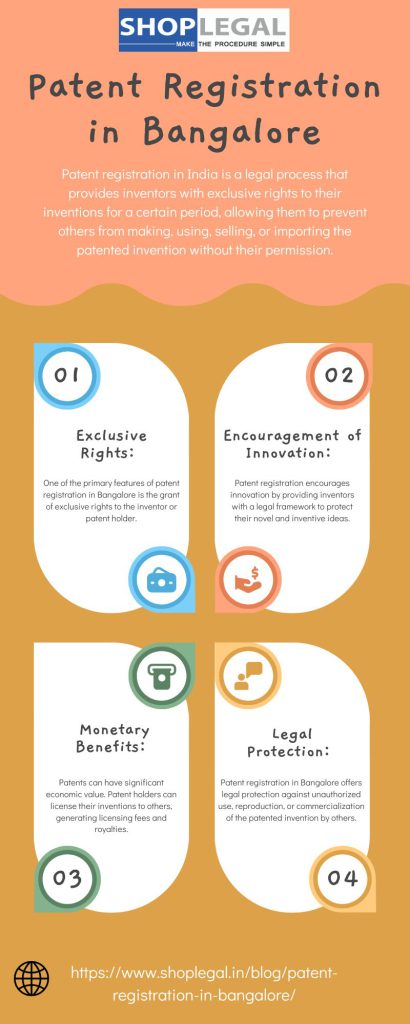Is GST required for a PVT Ltd company?
In India, the implementation of the Goods and Services Tax (GST) has brought about a significant shift in the indirect taxation landscape. Businesses, including private limited companies, need to understand the intricacies of GST to ensure compliance and optimize their tax strategies. This article explores whether GST is required for a private limited company, the benefits of GST registration, the process involved, and the compliance requirements.
What is GST?
GST is a comprehensive, destination-based tax that is levied on every value addition. It is a single tax that has replaced various indirect taxes previously levied by the central and state governments, such as service tax, VAT, excise duty, and more. GST is categorized into three types:
- CGST (Central GST): CGST is levied by the central government on intra-state supplies of services and goods.
- SGST (State GST): Levied by the state government on intra-state supplies.
- IGST (Integrated GST): Levied by the central government on inter-state supplies of goods and services.
Applicability of GST to Private Limited Companies
Private limited companies, like other business entities, are subject to GST with GST Registration in Hyderabad if their annual turnover exceeds a certain threshold. As of now, the turnover thresholds are:
- For goods suppliers: Rs. 40 lakhs
- For service providers: Rs. 20 lakhs
These thresholds may vary for special category states. Even if a private limited company’s turnover is below these limits, it may choose to register voluntarily for GST to avail benefits such as input tax credit and to enhance business credibility.
Benefits of GST Registration for Private Limited Companies
- Legal Compliance: Ensuring GST registration is critical for complying with Indian tax laws. Non-compliance can lead to penalties, legal issues, and a tarnished business reputation.
- Input Tax Credit: One of the most significant advantages of GST registration is the ability to claim input tax credit (ITC) on the GST paid on purchases.
- Simplified Taxation: GST has replaced multiple indirect taxes with a single tax regime, simplifying the tax structure and compliance process for businesses.
- Competitive Edge: GST Registration in Hyderabad enhances the credibility and trustworthiness of a business. It allows companies to engage in interstate trade without restrictions, broadening their market reach.
- Ease of Business Operations: Registered businesses can seamlessly transact with other GST-registered entities, ensuring smooth business operations and compliance.
- Reduced Tax Burden: By eliminating the cascading effect of taxes, GST reduces the overall tax burden on businesses. This leads to lower production costs and increased profitability.
Step-by-Step Guide to GST Registration
- Prerequisites for Registration:
- PAN of the Company: The Company’s Permanent Account Number is mandatory for GST registration.
- Proof of Business Registration: Certificate of incorporation, Memorandum of Association (MoA), Articles of Association (AoA).
- Identity and Address Proof of Directors: PAN, Aadhaar, passport, or voter ID of the directors.
- Business Address Proof: Electricity bill, property tax receipt, or rent agreement.
- Bank Account Details: Bank statement, cancelled cheque, or passbook.
- Digital Signature Certificate (DSC): Required for electronic signing of the application.
- Access the GST Portal: Pvt ltd Company with Private limited company registration in Bangalore can get GST. So Visit the GST portal. Select the ‘Services’ > ‘Registration’ > ‘New Registration’ option.
- Part A – Application:
- Fill in details such as PAN, mobile number, and email address.
- Verify the details through the OTP sent to the registered mobile number and email.
- Part B – Detailed Application:
- Provide additional details about the business, including business address, bank account details, and the principal place of business.
- Upload the required documents.
- Use the DSC to sign and submit the application electronically.
- Verification and ARN Generation:
- After submission, an Application Reference Number (ARN) is generated.
- The application is reviewed by the GST officer, who may request additional information or documents if required.
- GST Certificate Issuance:
- If the application is approved, a GST registration certificate containing the GSTIN (GST Identification Number) is issued.
- The company can now start issuing GST-compliant invoices and file GST returns.
Compliance Requirements for GST-Registered Private Limited Companies
For Pvt ltd companies, with Private limited company registration in Coimbatore, following compliances are required.
Regular Filing of GST Returns
- GSTR-1: Monthly or quarterly return for outward supplies.
- GSTR-3B: Monthly summary return for inward and outward supplies.
- GSTR-9: Annual return that consolidates the monthly/quarterly returns filed during the year.
Maintaining Proper Records
Businesses with GST Registration in Hyderabad must maintain accurate records of all transactions, including sales, purchases, input tax credit availed, and tax paid. These records must be maintained for at least six years from the due date of filing the annual return for the relevant year.
Complying with E-Way Bill Requirements: For transporting goods valued at over Rs. 50,000, an e-way bill must be generated. This ensures that the movement of goods is properly documented and tax compliant.
Responding to Notices and Communications
Businesses need to respond promptly to any notices or communications from the GST authorities. This may include requests for additional information, audits, or discrepancies identified in the returns filed.
Common Challenges and Solutions
Understanding GST Provisions
Many companies with Private limited company registration in Coimbatore face challenges in understanding and interpreting the various provisions of GST. It is advisable to engage a professional tax consultant or accountant who can provide expert guidance and ensure compliance.
Managing Multiple Registrations
For companies operating in multiple states, obtaining and managing multiple GST with GST Registration in Hyderabad can be complex. A centralized GST compliance system or professional assistance can help streamline this process.
Timely Filing of Returns
Timely filing of GST returns is important. This GST filing is important as to avoid penalties and interest. Companies should set up a robust internal system to ensure deadlines are met consistently.
Addressing Technical Issues
Technical glitches on the GST portal can hinder the registration and return filing process. Keeping updated with portal maintenance schedules and seeking help from GST support services can mitigate these issues. So, Pvt ltd companies with Pvt ltd company registration in Bangalore, must consult, a leading service provider, like Shoplegal to get the work done.
Conclusion
GST registration is not just a legal requirement for private limited companies meeting the turnover thresholds but also a strategic move that offers numerous benefits. From availing input tax credit to enhancing business credibility and ensuring compliance, GST registration plays a pivotal role in modern business operations.
By understanding the registration process, compliance requirements, and addressing common challenges, private limited companies can leverage GST to optimize their tax strategies and drive business growth.












